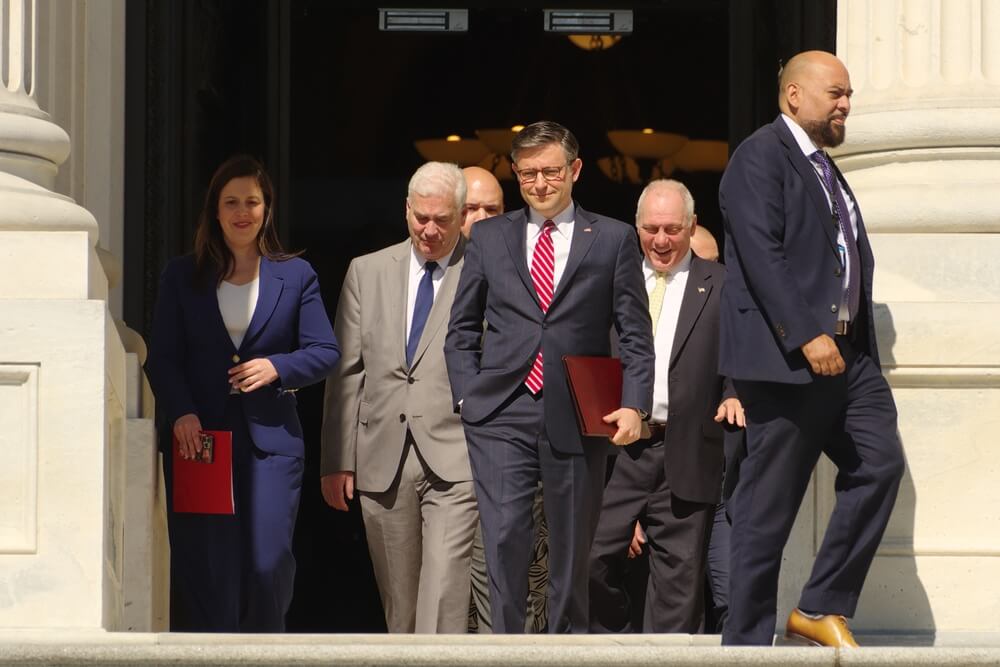The UK has joined the new US sanctions against the Russian oil sector, which are by far the largest since Russia's aggression against Ukraine began three years ago. Their impact will be devastating, as oil sales are the "lifeblood" of the Russian war economy, as UK Foreign Secretary David Lammy put it.
However, as with all previous sanctions against Putin's regime, there remains room for caution as to the effectiveness of the sanctions, the ways in which they can be circumvented, and the actual impact of their application on weakening the Russian invasion of Ukraine.
Judging by the scope of the sanctions announced by the US Treasury Department, and as discussed by President Joe Biden in one of his final addresses to journalists before handing over his office, they have the potential to significantly harm the Russian war effort and exceed the cumulative impact of all previous sanctions combined.
The targets include the two largest producers and exporters, Gazprom Neft and Surgutneftegas, a large portion of the so-called "shadow fleet" of Russian tankers, as well as a network of international traders who are helping to circumvent the current sanctions.
They therefore cover the entire chain of Russian oil exports, which has been adapting to a series of Western sanctions for three years and has been able to reduce their effects to a large extent.
Severe supply chain disruption
“We are ratcheting up the sanctions risk associated with Russia’s oil trade, including shipping and financial facilitation in support of Russia’s oil exports,” said Janet Yellen, US Treasury Secretary.
Together, the two sanctioned oil companies are responsible for around a third of all Russian oil exports by sea. In 2024, they together exported almost one million barrels per day.
The inclusion of 183 tankers from the Russian "shadow fleet" in the sanctions list has doubled the number of ships sanctioned by all Western actors to date
The inclusion of 183 tankers from the Russian "shadow fleet" in the sanctions list has doubled the number of ships sanctioned by all Western actors to date, affecting between a quarter and a third of the entire Russian tanker fleet involved in circumventing sanctions.
Together with the sanctions against international traders and individuals at the top of the Russian oil business, they represent a serious disruption to the supply chain that Russia created during the three-year war to maintain its main source of income on the international market.
They largely exclude the largest Russian exporters and a large part of the oil transport fleet from the game and indirectly create a much higher risk for buyers and intermediaries to do business with Russian companies.
The Kremlin's expectations
Overall, the previous volume of Russian exports will be drastically reduced, and what remains will be exposed to significantly higher costs and thus lower returns, with buyers constantly at risk of falling under the indirect effects of American and Western sanctions.
The oil market, where the price increased by 3% following the announcement by the US Treasury Department, showed the seismic effect of the new US sanctions against the Russian oil industry.
As the sanctions package was adopted in the final days of Joe Biden's term of office, it is questionable whether it will remain in force after Donald Trump's arrival in the White House
As the sanctions package against the Russian oil sector was adopted in the final days of Joe Biden's term of office, it is questionable whether it will remain in force after Donald Trump's arrival in the White House.
The Kremlin harbours such expectations—perhaps the only hope that the new restrictions will not affect its oil sector.
“The Biden administration was trying to make things difficult for the incoming Trump team,” Dmitry Peskov, Putin's spokesman, said last Friday, apparently hoping that Trump's arrival would mean easier days for Russia.
The new sanctions suit Trump
However, this hope is slim, aside from the fact that it appears to be Moscow's sole means of evading the devastating effects of the new American sanctions.
Republicans in Congress have heavily pressured Biden over the past three years to increase the economic pressure on Putin's war economy, which he is currently doing. This renders cancelling Biden's sanctions in the US Congress, which the Republicans control, nearly impossible.
 Republicans in Congress have heavily pressured Biden over the past three years to increase the economic pressure on Putin's war economy, which he is currently doing
Republicans in Congress have heavily pressured Biden over the past three years to increase the economic pressure on Putin's war economy, which he is currently doing
There is also fairly convincing evidence that the Biden administration and Trump's transition team coordinated their actions regarding the new sanctions against Russia, suggesting that the incoming president will not revise them.
John Kirby, the spokesman for the National Security Council, indirectly confirmed this last Friday when he stated, "We have at every step and on every major issue been keeping the transition team informed of our decisions, what we're doing, and why we're doing it."
At the same time, a package of strict sanctions against the Russian energy sector can only aid Trump's plans to swiftly resolve the conflict in Ukraine and persuade Moscow to cooperate in the search for peace.
“The Biden administration has done the incoming Trump team a solid: increasing its leverage as the incoming team intensifies efforts to reach a sustainable settlement of the war,” said Daniel Fried, top US diplomat, who, as US State Department coordinator of sanctions policy, crafted US sanctions on Russia following its 2014 aggression against Ukraine.